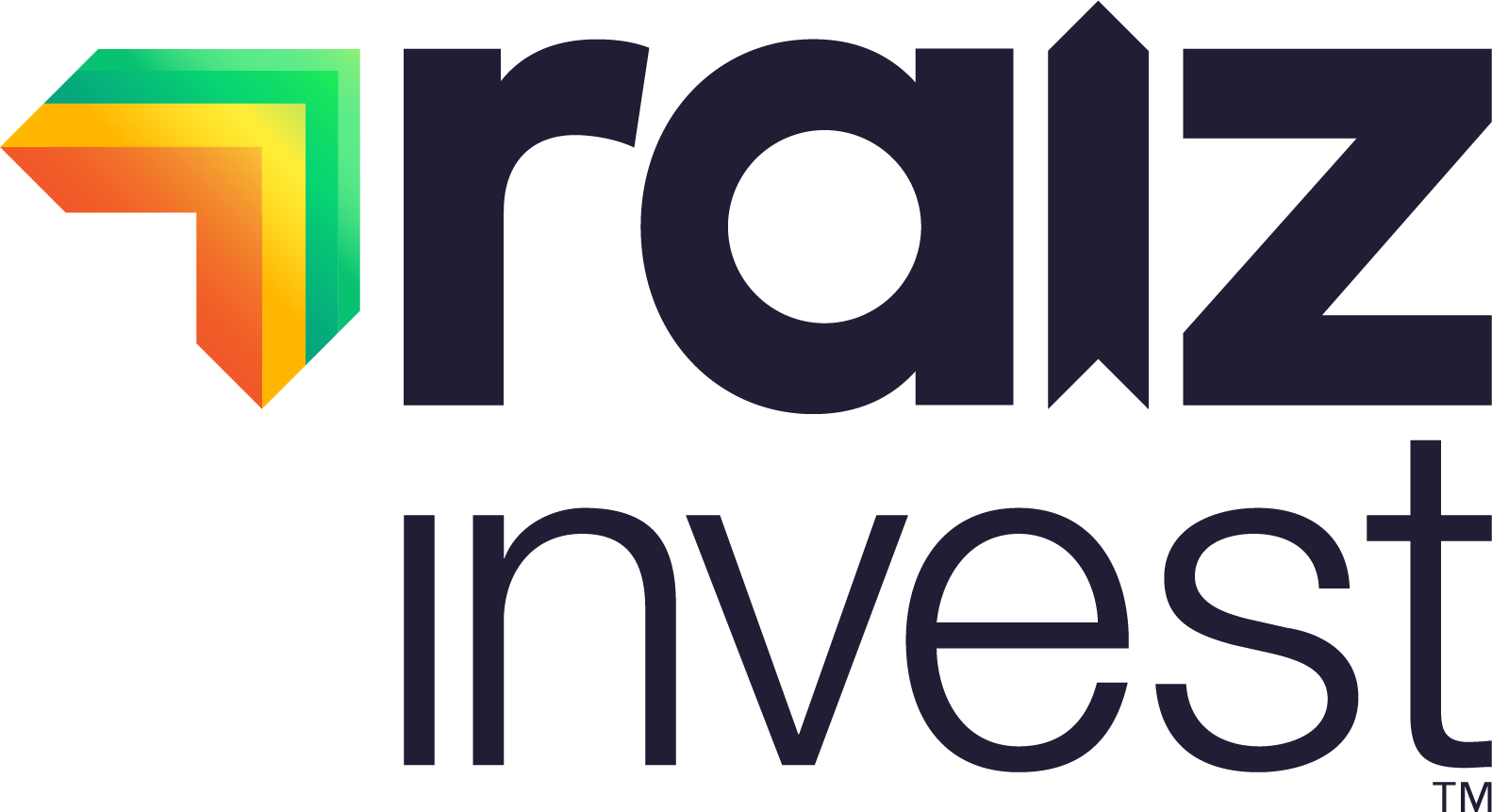
01-03-2021
George Lucas, Raiz Group CEO
Last week, we saw a sell-off in equity markets driven by a significant sell-off in the bond market (a rise in developed market government bond yields).
The sharp lift in bond yields was the spark for the sell-off in equity markets, hitting growth stocks and knocking the Australian dollar off a three-year high above US80 cents.
Looking at the sell-off, it was not accompanied by the normal reaction in G10 currency markets. Usually, apart from the US dollar, safe-haven currencies like the Japanese yen and Swiss franc hold up best when risky assets falter, while commodity currencies such as the Aussie dollar struggle.
But this is not what happened, with the yen, for instance, falling against the Australian dollar. This probably reflects expectations of a continued rally in commodity markets over coming months and an improving Australian economy on the back of this.
US fiscal stimulus, vaccine rollouts buoy sentiment
The sell-off occurred in the context of rising expectations of another large US fiscal stimulus package and progress on COVID-19 vaccinations, pointing to a stronger economic recovery and prompting investors to bring forward expectations of monetary policy normalisation.
But the picture is complex, with significant changes in yield differentials between economies. The yield of 10-year US Treasuries has risen by around 50 basis point in 2021, while the equivalent yields in the commodity-exporting advanced economies, and the UK, are up by even more, as the rise in commodity prices boosts their economic prospects.
Meanwhile, yields in Japan and much of Europe have not risen as quickly.
These shifts in relative yields will probably reach a limit soon and, in the Australian context, we have already seen the RBA come in and purchase bonds to slow down the increase.
Seasonality in play on equities, bonds sell-off
Still on the sell-off in equities and government bonds, the lack of flight to safety indicates that we are probably seeing profit taking and not a full-blown market sell-off – yet.
Broadly, it’s my view that the current sell-off is just due to liquidity issues that occur seasonally in markets around March and September. Hence, the increase in market volatility that we may see in March is something we have to live with, just like many other Marchs in years gone by.
In the end, I think central banks will stay the course even if economic outlook improves above current expectations. This will mean real yields will stay low, providing a generally favourable backdrop for risky assets — like equities — so at the moment there is no need to panic.
RBA likely to keep rates at record low
In Australia, we expect the RBA to keep its policy settings unchanged on Tuesday, keeping rates on hold at the historic low of 0.1 per cent.
Also this week we get Australian GDP data, which is likely to show that the economy grew by a further 2.3 per cent in Q4, leaving it 2 per cent below pre-virus levels.
Elsewhere, in Malaysia, there’s the possibility that the nation’s central bank will reduce interest rates on Thursday by 25 basis points to 1.50 per cent.
Don’t have the Raiz App?
Download it for free in the App store or the Webapp below:
Important Information
If you have read all or any part of our email, website or communication then you need to know that this is factual information and general advice only. This means it does not consider any person’s particular financial objectives, financial situation or financial needs. If you are an investor, you should consult a licensed adviser before acting on any information to fully understand the benefits and risk associated with the product.
Unfortunately, you will probably not be able to afford this licensed adviser and, for the same reasons that we need to write you a long disclaimer – compliance with laws and regulations in financial services has made getting suitable advice for your situation expensive, and it is getting more expensive every day.
You may be surprised to learn that RAIZ Invest Australia Limited (ABN 26 604 402 815) (Raiz), an authorised representative AFSL 434776 prepared this information.
We are not allowed, and have not prepared this information to offer financial product advice or a recommendation in relation to any investments or securities. If we did give you advice, which we did not, then the use of the Raiz App would be a lot more expensive than the current pricing – sorry but true. You therefore should not rely on this information to make investment decisions, because it was not about you for once, and unfortunately, we cannot advise you on who or what you can rely on – again sorry.
A Product Disclosure Statement (PDS) for Raiz Invest and/or Raiz Invest Super is available on the Raiz Invest website and App. A person must read and consider the PDS before deciding whether, or not, to acquire and/or continue to hold interests in the financial product. We know and ASIC research shows that you probably won’t, but we want you to, and we encourage you to read the PDS so you know exactly what the product does, its risks and costs. If you don’t read the PDS, it’s a bit like flying blind. Probably not a good idea.
The risks and fees for investing are fully set out in the PDS and include the risks that would ordinarily apply to investing. You should note, as illustrated by the global financial crisis of 2008, that not even professionals in the financial services sector understand the ordinary risks of investing – because by their nature many risks are unknown – but you still need to give it a go and try to understand the risks set out in the PDS.
Any returns shown or implied are not forecasts and are not reliable guides or predictors of future performance. Those of you who cannot afford financial advice may be considering ignoring this statement, but please don’t, it is so true.
Under no circumstance is the information to be used by, or presented to, a person for the purposes of deciding about investing in Raiz Invest or Raiz Invest Super. That means you too financial advisors, many of whom our clients cannot afford anyway, cannot use this information.
This information may be based on assumptions or market conditions which change without notice and have not been independently verified. Basically, this says nothing stays the same for long in financial markets (or even in life for that matter) and we are sorry. We try, but we can’t promise that the information is accurate, or stays accurate.
Any opinions or information expressed are subject to change without notice; that’s just the way we roll.
The bundll and superbundll products are provided by FlexiCards Australia Pty Ltd ABN 31 099 651 877 Australian credit licence number 247415. Bundll, snooze and superbundll are trademarks of Flexirent Capital Pty Ltd, a subsidiary of FlexiGroup Limited. Lots of names, which basically you aren’t allowed to reproduce without their permission.
Mastercard is a registered trademark and the circles design is a trademark of Mastercard International Incorporated.
Home loans are subject to approval from the lending institution and Raiz Home Ownership makes no warranties as to the success of an application until all relevant information has been provided.
The information on this website is prepared by Raiz Home Ownership Pty Ltd (ABN 14 645 876 937), an Australian Credit Representative number 528594 under Australian Credit Licence number 387025. Raiz Home Ownership Pty Ltd is 100% owned by Raiz Invest Australia Limited (ABN 26 604 402 815).




